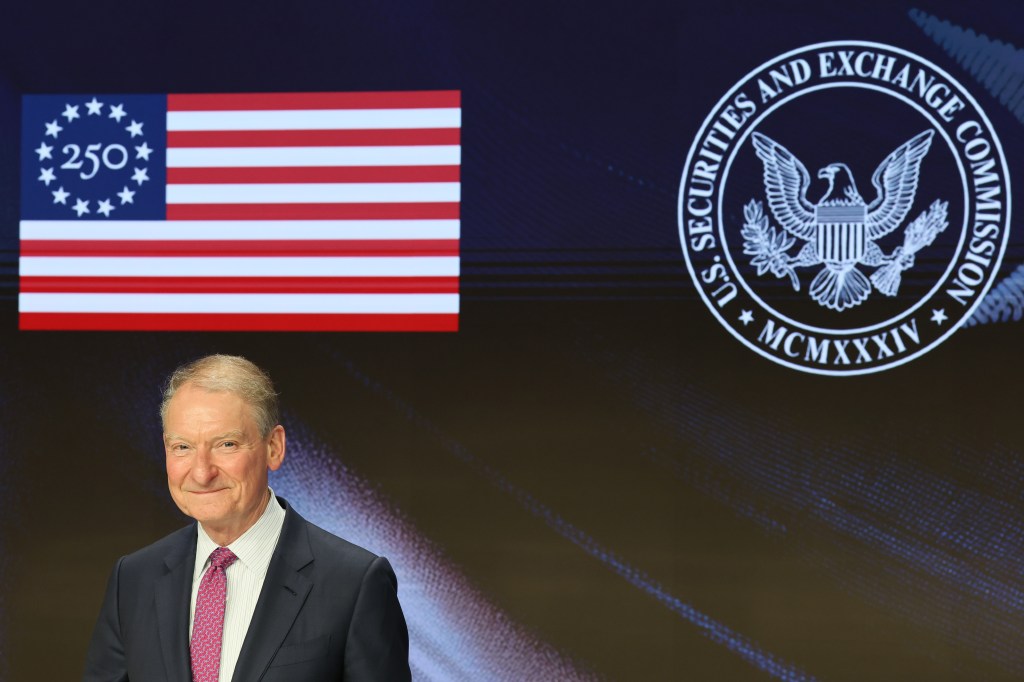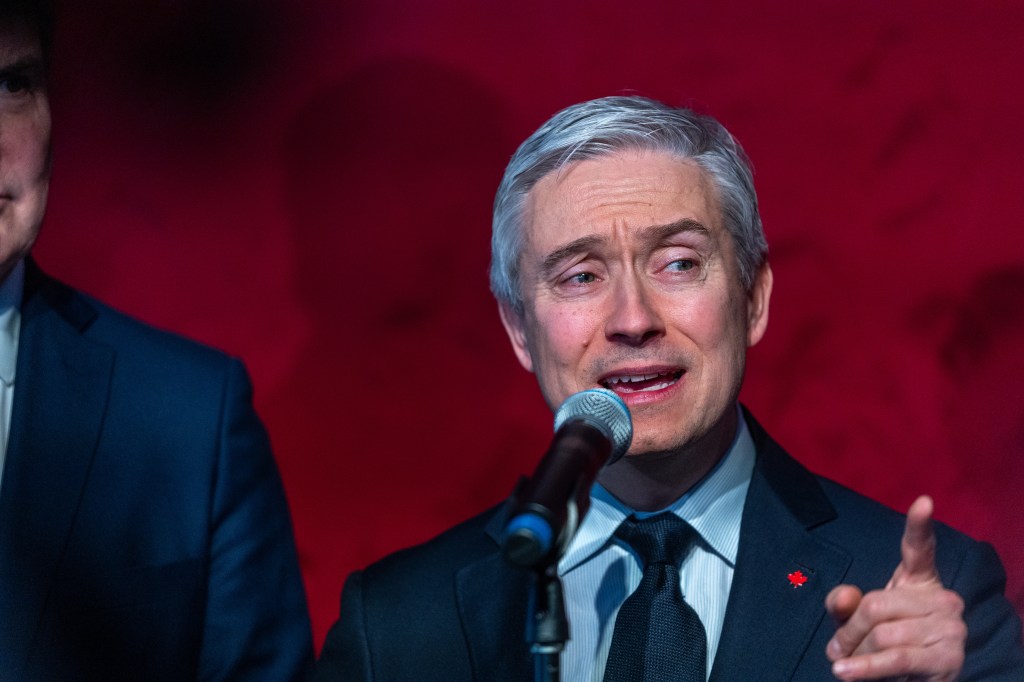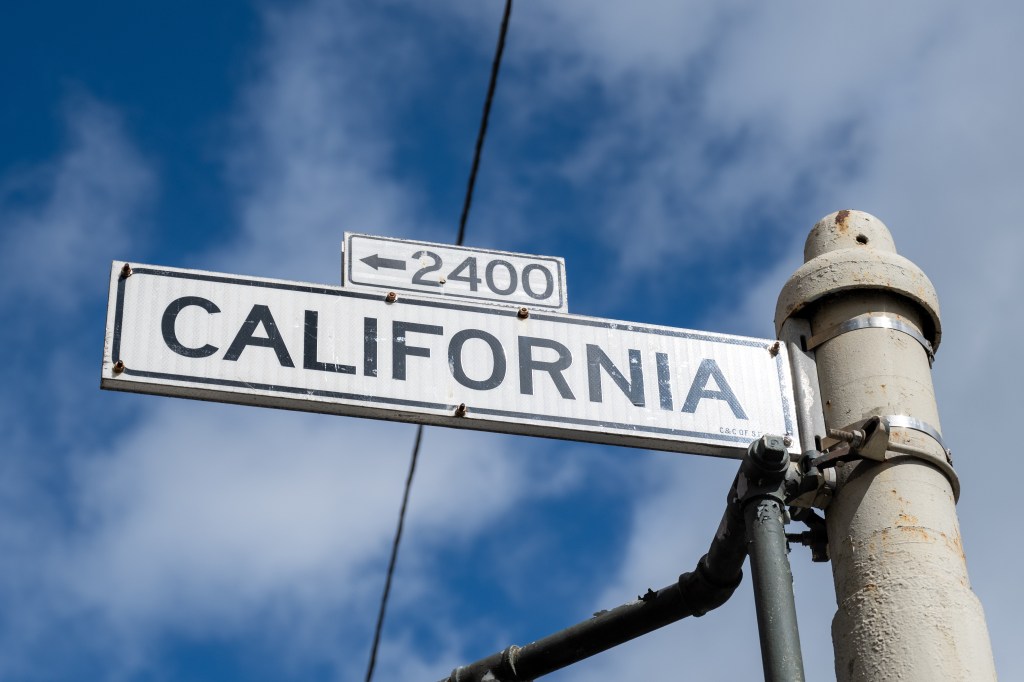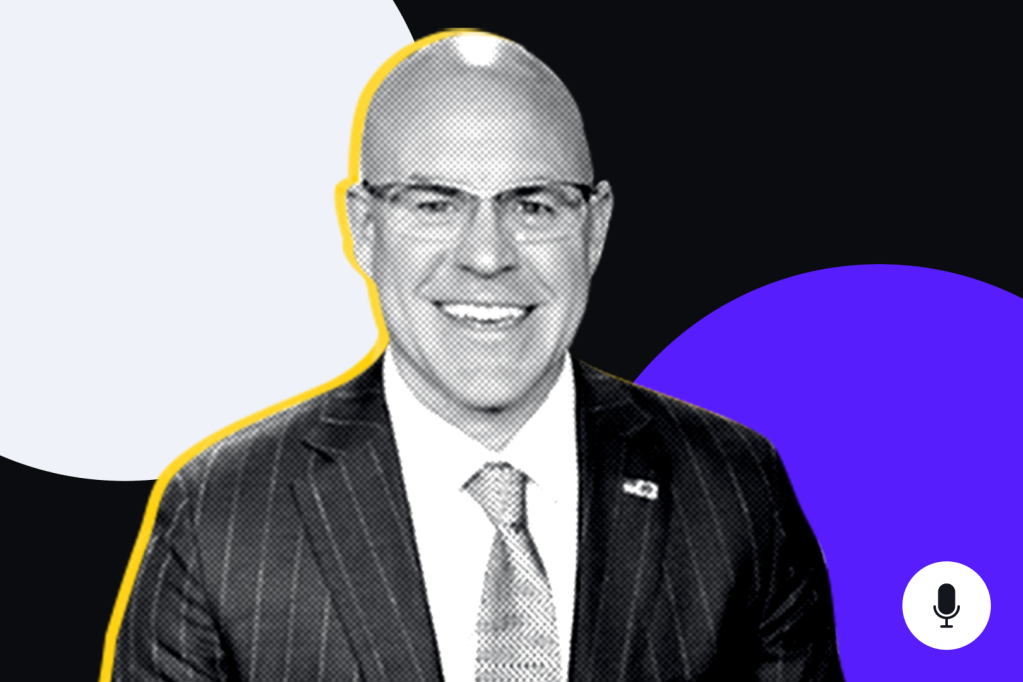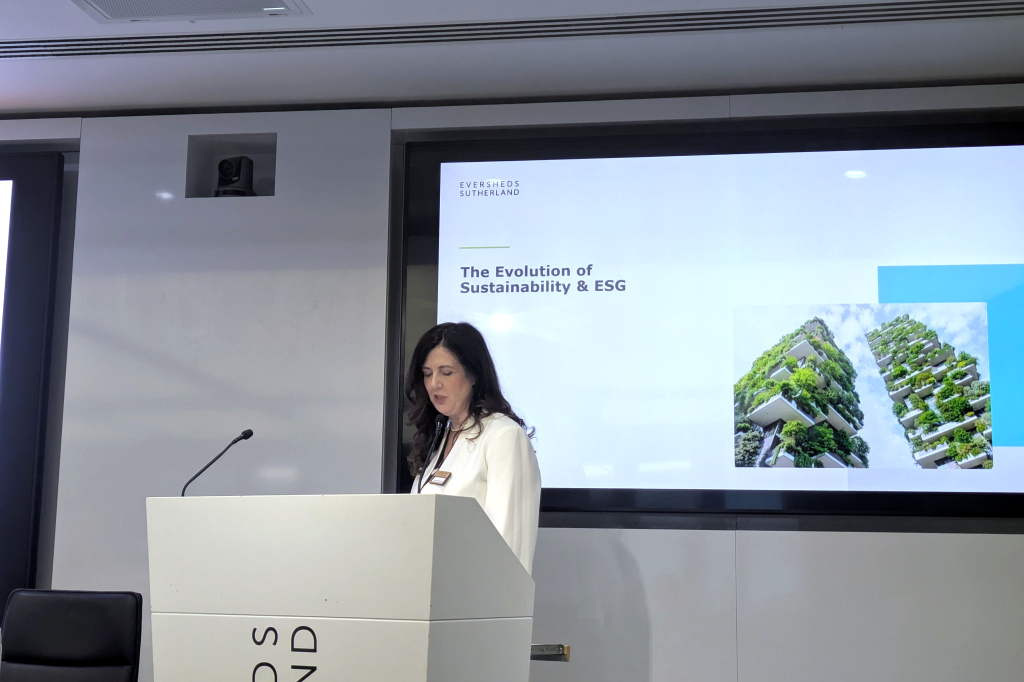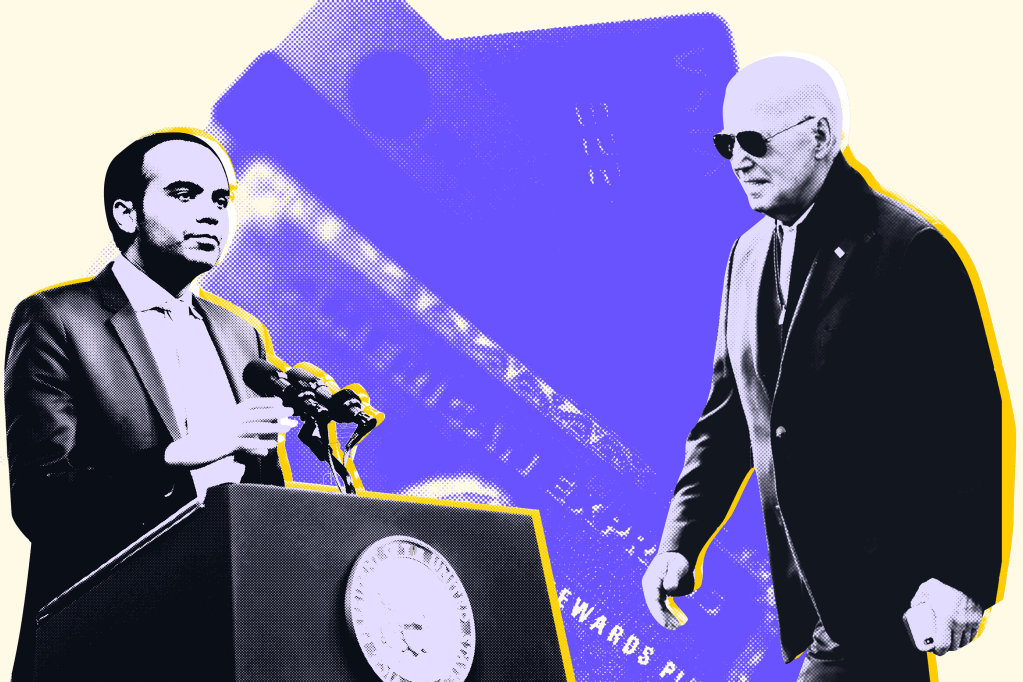Under a proposed rule announced by the US Consumer Financial Protection Bureau (CFPB), large financial institutions would need to treat overdraft loans just like credit cards and other lending products.
Acknowledging the proposed rule in a statement, President Joe Biden said: “For too long, some banks have charged exorbitant
The
Register for free to keep reading
To continue reading this article and unlock full access to GRIP, register now. You’ll enjoy free access to all content until our subscription service launches in early 2026.
- Unlimited access to industry insights
- Stay on top of key rules and regulatory changes with our Rules Navigator
- Ad-free experience with no distractions
- Regular podcasts from trusted external experts
- Fresh compliance and regulatory content every day


